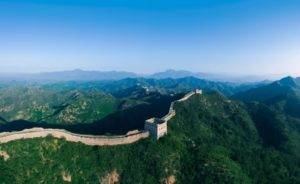Napoleon Bonaparte: Rise, Victories and Downfall
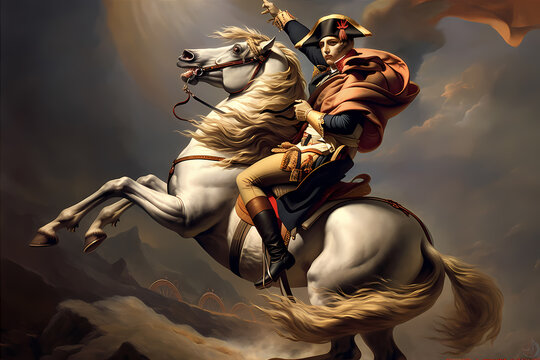
Napoleon Bonaparte is one of the most famous figures in world history. He was a great military leader and ruler who changed France and Europe forever. This article will tell the story of Napoleon’s life, from his early rise to power, through his victories and battles, to his role in the French Revolution, and finally, to his downfall.
Early Life of Napoleon Bonaparte
Napoleon was born on August 15, 1769, on the island of Corsica, which had recently become part of France. His family was not very rich, but they belonged to the minor nobility. As a child, Napoleon was very smart and hardworking. He was sent to mainland France to study in military schools.
At a young age, Napoleon showed great interest in history, especially military history. He dreamed of becoming a great general. His education and training helped him understand strategy and leadership, which he would later use in his career.
The Rise of Napoleon Bonaparte
Joining the French Army
Napoleon joined the French army during a time of great change. The French Revolution had begun in 1789, and the old monarchy was being challenged. Many officers from noble families fled or were removed, which gave chances to young talented officers like Napoleon.
He started as a second lieutenant and quickly rose through the ranks because of his bravery, intelligence, and leadership skills. His early success came during the siege of Toulon in 1793, where he helped recapture the city from royalist forces supported by the British.
Becoming a General
After Toulon, Napoleon became famous. He was promoted to brigadier general at the age of 24. He then led the French army against Austria and its allies in Italy. His Italian campaign from 1796 to 1797 was very successful. He defeated larger enemy armies and made France powerful in Europe.
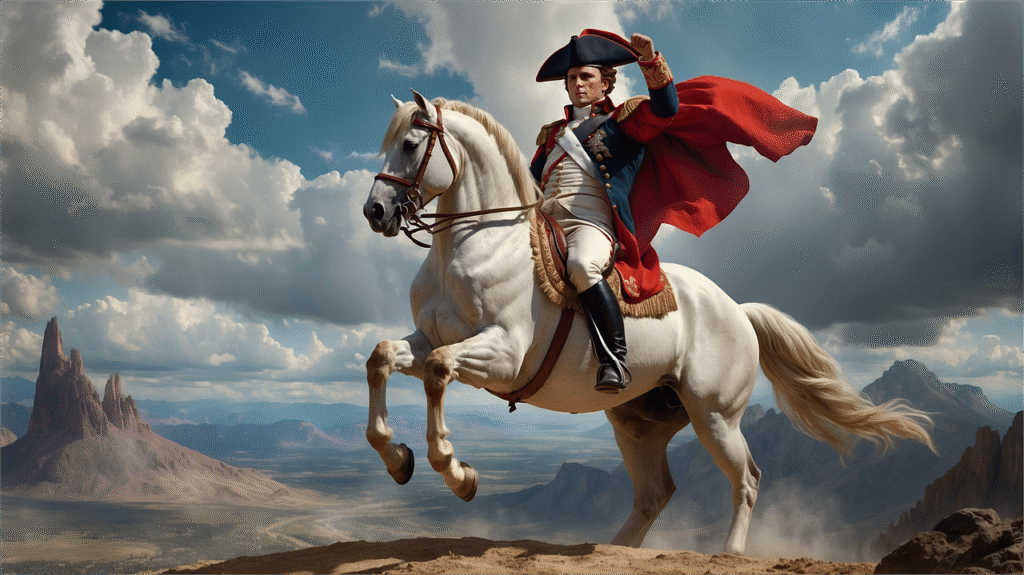
The Egyptian Campaign
In 1798, Napoleon led an expedition to Egypt. His goal was to weaken British influence in the region. Though he won the Battle of the Pyramids, his navy was destroyed by the British at the Battle of the Nile. This trapped his army in Egypt, but Napoleon managed to maintain control there for some time.
Despite some failures, the Egyptian campaign added to his fame and helped him return to France as a national hero.
Napoleon and the French Revolution
The Revolution’s Impact on France
The French Revolution was a period of great political and social change in France. It started in 1789 and ended the monarchy. The people wanted liberty, equality, and fraternity. But the revolution also caused chaos, wars, and conflicts between different groups.
Napoleon was a product of this revolution. He supported the ideas of equality and merit. He believed that anyone could rise to power through talent and hard work.
The Coup of 18 Brumaire
In 1799, France was still in trouble with wars and internal problems. The government, called the Directory, was weak. Napoleon took advantage of this situation. On November 9, 1799 (18 Brumaire in the French calendar), he led a coup d’état (a sudden takeover) and became the First Consul of France.
This event marked the end of the French Revolution and the start of Napoleon’s rule. He promised to bring peace and order to France.
Major Victories of Napoleon Bonaparte
1. Battle of Austerlitz (2 December 1805)
Often hailed as Napoleon’s greatest triumph, this battle, also known as the Battle of the Three Emperors, saw French forces decisively defeat a combined Russo-Austrian army. The victory led to the Treaty of Pressburg, effectively removing Austria from the Third Coalition and solidifying French dominance in Europe.
2. Battle of Jena-Auerstädt (14 October 1806)
In this double engagement, Napoleon’s forces crushed the Prussian army at Jena, while Marshal Davout achieved a significant victory at Auerstädt. The defeats led to the collapse of the Prussian military and the establishment of the Confederation of the Rhine under French influence.
3. Battle of Friedland (14 June 1807)
Napoleon’s forces decisively defeated the Russian army, leading to the Treaties of Tilsit. These agreements brought Russia and Prussia into temporary alliances with France, marking the peak of Napoleon’s continental dominance.
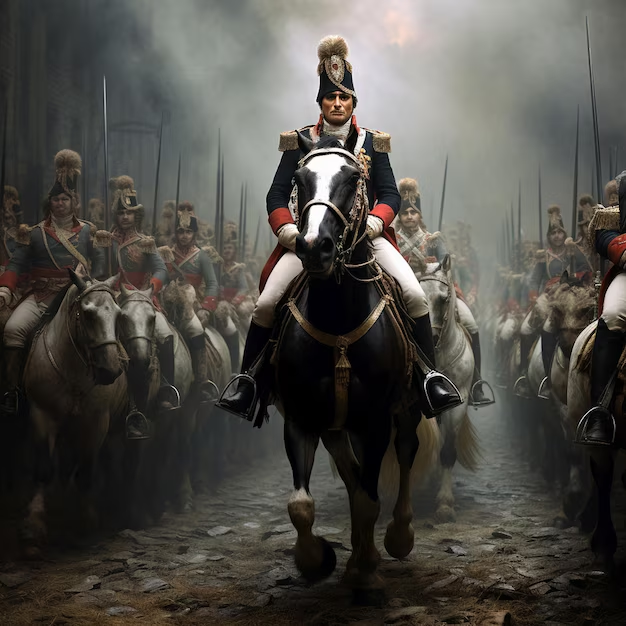
4. Battle of Wagram (5–6 July 1809)
A costly but decisive victory over the Austrian army near Vienna, leading to the Treaty of Schönbrunn. This battle marked the end of the Fifth Coalition and resulted in significant territorial losses for Austria.
5. Battle of Borodino (5–7 September 1812)
Although technically a French victory, the battle was one of the bloodiest of the Napoleonic Wars. It demonstrated the resilience of the Russian forces and foreshadowed the challenges Napoleon would face during his Russian campaign.
6. Battle of the Pyramids (21 July 1798)
During his Egyptian campaign, Napoleon’s forces defeated the Mamluk army near Cairo. The victory showcased Napoleon’s innovative use of the divisional square formation and solidified French control over Egypt.
7. Battle of Abukir (25 July 1799)
A significant victory during the French campaign in Egypt, where Napoleon’s forces defeated the Ottoman army, ensuring French dominance in the region.
⚔️ Notable Defeats
1. Battle of Leipzig (16–19 October 1813)
Also known as the Battle of Nations, this was Napoleon’s first significant defeat, leading to his retreat from Germany and the eventual downfall of his empire.
2. Battle of Waterloo (18 June 1815)
Napoleon’s final defeat, marking the end of his rule and his second abdication. The battle was fought against the Seventh Coalition, including British, Dutch, Belgian, and Prussian forces.
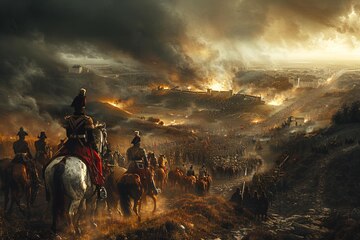
Napoleon as Emperor of France
Becoming Emperor
In 1804, Napoleon crowned himself Emperor of the French in a grand ceremony in Paris. This event showed his power and authority. As emperor, Napoleon made many changes to improve France.
Reforms and Achievements
Napoleon introduced the Napoleonic Code, a set of laws that influenced many countries. This code promoted equality before the law, property rights, and civil liberties. He also reformed the education system, the economy, and the government.
Building an Empire
Napoleon expanded the French Empire through war and alliances. By 1810, he controlled most of Europe, either directly or through allies. He made his family members kings and queens of different countries.
The Downfall of Napoleon Bonaparte
The Invasion of Russia (1812)
Napoleon’s downfall began with his decision to invade Russia in 1812. He wanted to punish Russia for leaving his alliance. However, the Russian army used scorched-earth tactics, burning crops and villages to stop Napoleon’s advance.
The harsh Russian winter and long supply lines caused massive losses for Napoleon’s army. Only a small part of his army survived the retreat. This disaster weakened Napoleon greatly.
The War of the Sixth Coalition (1813-1814)
After the Russian campaign, many European countries joined forces against Napoleon. In 1813, the Battle of Leipzig (also called the Battle of Nations) was a huge defeat for Napoleon.
The coalition armies invaded France, and in 1814, Napoleon was forced to abdicate (give up his throne). He was sent to exile on the island of Elba.
The Hundred Days and Final Defeat
Napoleon escaped from Elba in 1815 and returned to France. He ruled for 100 days, gathering support and preparing for war. But his final battle at Waterloo on June 18, 1815, was a crushing defeat by the British and Prussian armies.
After Waterloo, Napoleon was captured and sent to the remote island of Saint Helena in the Atlantic Ocean. He lived there until his death in 1821.
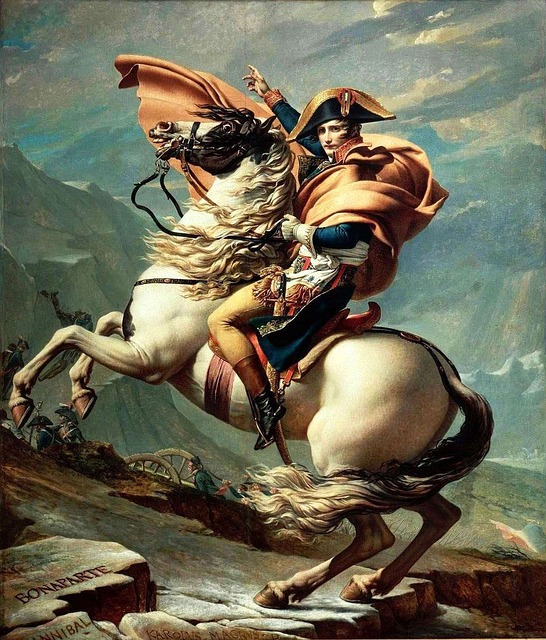
Napoleon’s Legacy
Napoleon’s life was full of highs and lows. He was a brilliant military leader, a skilled politician, and a reformer. But his wars caused much suffering and destruction in Europe.
Despite his downfall, Napoleon’s impact on law, government, and society is still felt today. The Napoleonic Code influenced many modern legal systems. His story remains a symbol of ambition, power, and the complex nature of leadership.
Conclusion
Napoleon Bonaparte rose from a young officer to become the Emperor of France and one of the greatest military leaders in history. His victories changed Europe, and his reforms shaped modern laws. However, his ambition also led to disastrous wars and his ultimate downfall. Napoleon’s life teaches us about the power of determination and the dangers of overreach.



